Navigating Concrete Floor Sealing Challenges in Bathrooms
Concrete flooring is one of the most cost-effective and long-lasting options for flooring, and it also has an understated elegance that is difficult to find in other flooring materials. Because more and more people are opting to install concrete floors in their bathrooms, it is necessary to be familiar with the correct procedures for sealing concrete.
The Benefits of Concrete Sealing
Firstly, it’s important to understand why you should consider sealing your concrete floors. Concrete sealing offers numerous benefits. Some of the benefits of concrete sealing include:
- Protection: It protects your floor from stains and damage caused by spillages, dirt, or wear and tear.
- Enhanced appearance: The sealer accentuates the natural beauty of your concrete floor.
- Increasing lifespan: On average, a sealer can extend a floor’s life by up to 30%.
It’s understandable why many opt for sealing their concrete floors, a popular choice for concrete sealing in Melbourne.
Pros and Cons of Concrete Floors in Bathrooms
However, before you rush to install and seal a concrete bathroom, consider the pros and cons of concrete floors in bathroom:
Advantages:
- Durability: Concrete is tough and resilient, resisting general wear and tear.
- Design flexibility: You can personalise concrete flooring with stains, pigments, or different finishes.
- Ease of cleaning: Concrete’s smooth surface allows for easy maintenance.
Disadvantages:
- Hardness: The tough nature of concrete might be tough on your feet, especially when it’s cold.
- Moisture damages: Moisture can create cracks in your concrete over time.
- Installation: Incorrect sealing could lead to damages such as peeling or discoloration.
- Installation: Incorrect sealing could lead to damages such as peeling or discoloration.
Common Mistakes When Sealing Concrete Floors in Bathrooms
Being aware of common missteps when sealing concrete can make your task easier.
- Ignoring Weather Conditions: Attention to weather is vital as high humidity can impede the sealer’s drying process.
- Inadequate Preparation: Dust, dirt, or moisture present during sealing affects the process negatively. Prior cleaning is crucial.
- Neglecting Test Patch: Conduct a small test patch first to ensure the sealer reacts favourably with your concrete.
- Insufficient Drying Time: Wait for the recommended curing time specified by the manufacturer before applying a sealer.
Pro Tips for Concrete Sealing
Finally, here are some useful tips to consider when sealing your bathroom concrete floors:
- Use penetrating sealers as they deeply permeate the concrete, providing superior protection against moisture.
- Recoat your concrete floor every two years to maintain its benefits.
- Always opt for a high-gloss sealer on bathroom floors for an enhanced aesthetic look.
Final Thoughts
Understanding the do’s and don’ts of concrete sealing is crucial, specifically when dealing with bathroom floors. Sealing concrete floors enhances their lifespan, but without proper knowledge, it’s easy to make errors that could cost time and money. Avoid common missteps, adhere to pro tips, and go to a well-maintained, beautiful concrete floor.
Remember, informed decisions are always the best choices. So, consider the pros and cons, understand the benefits, sidestep common errors, and enjoy a concrete bathroom floor that perfectly harmonises functionality and aesthetics.



0 comments
Write a comment